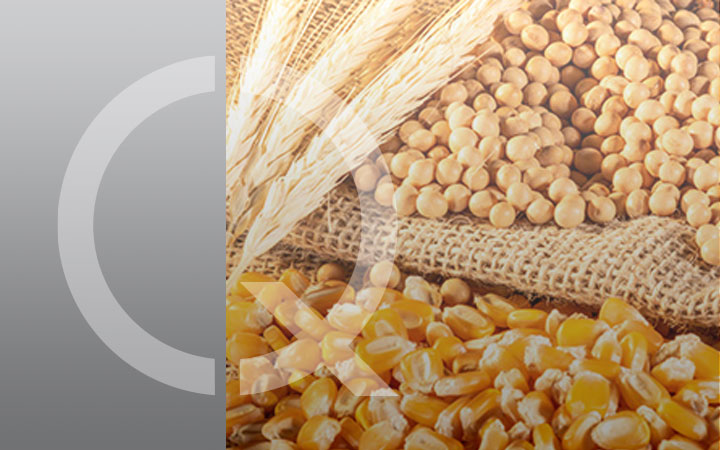
WHAT IS THAT
CSQA's DTP 112 "Sustainable cereals and oilseeds" derives from the need to respond to the request of the main operators in the international distribution sector and in the animal feed sector to have sustainable products of national origin.The standard was born from a sharing process among the various stakeholders with the aim of defining cultivation and processing techniques aimed at producing cereals and oilseeds (and their derivatives) at the best of known practices in order to guarantee a sustainable product according to the three fundamental pillars of sustainability: environmental, economic, social.
The standard requires a supply chain approach from the field to the finished product ; the certification can be requested by individual companies and associated companies (groupings or supply chains).
CSQA has already certified a total of over 20,000 farms, more than 50 drying plants and the main industries in the sector in the Po Valley .
The DTP 112 has obtained international recognition by successfully passing the benchmarking with the FEFAC 2021 Guidelines.
The standard can be requested from CSQA who will send it free of charge.
ASK FOR THE DTP 112 STANDARD
IT IS POSSIBLE TO DOWNLOAD THE APPLICABLE CERTIFICATION REGULATIONS IN THE " CSQA REGULATIONS " SECTION.
The name of the document is: ITA_ENG_REG_PRVOLCERTIFICATION REGULATION FOR PRODUCT / PROCESS / SERVICE / PRODUCTION CYCLE ON VOLUNTARY BASIS
KEY POINTS
The standard provides several sustainability indicators :- integrated defence
- soil sustainability
- absence of GMOs
- contaminant management
- traceability
- workplace safety
- Job contracts
- recognition of the fair price to farmers
- carbon footprint
ADVANTAGES
- The CSQA voluntary standard allows for the definition of a single, harmonized and shared approach to sustainability
- The standard was born on the basis of real needs and market opportunities.
- It is the result of the shared work of the various operators in the supply chain who have worked for a common goal
- The standard allows on the one hand to enhance products that were indistinct up to now, and on the other to start the processes of innovation, organization of the agri-food chains , sustainable management of natural resources in line with the new CAP